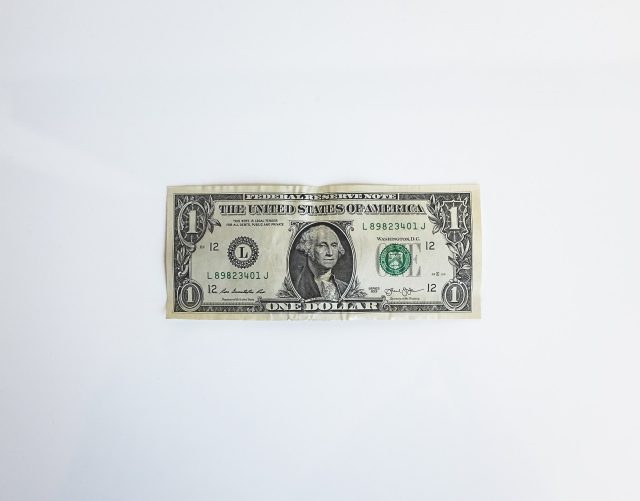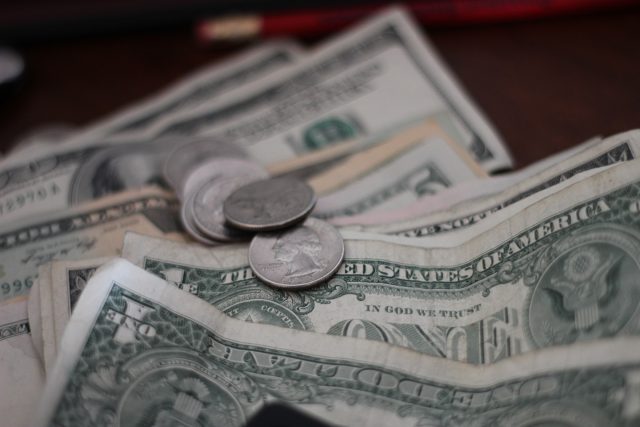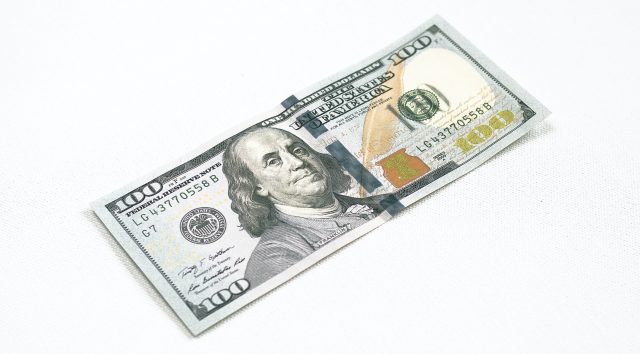
It is always wise to save money. You never know what curveballs life will throw at you. It’s smart to prepare for unforeseen emergencies cases of unforeseen emergencies like a car accident, injury, or job loss. You also want to save for your retirement, so you can live out your golden years in peace and comfort.
The Difference Between Saving and Hoarding
But, there’s a world of difference between saving money and hoarding it. It’s all about mindset, beliefs, and attitudes toward money in general.
1. Good Saving Habits

Smart savers will see money as a tool and use it to their advantage in a rational manner.
They set aside a certain amount for monthly bills and budget things like food and small luxuries.
By putting aside a small amount of their income each month, they understand their wealth and abundance will increase with patience and delaying immediate gratification from material desires.
Smart savers won’t put all their eggs in one basket either. They’ll diversify their portfolio to cover a range of angles and possible outcomes.
For instance, they might put a little cash under their mattress. They could also have a savings or CD with a little invested in cryptocurrency, a little invested in precious metals, and may even have a stock or two.
2. Hoarding Characteristics

Hoarders hold onto a mistaken belief that there’s only a finite amount of resources available. This causes them to hold on to every penny as if it were their last. In other words, it’s more of a fear of poverty than a healthy inclination to prepare for the future.
Hoarders will not spend any money at all. Even though it’s a good idea to live below their means, extreme hoarders act like they can’t afford anything. They may diversify their savings and have vast reserves of wealth spread throughout many investment opportunities, but they do not share it and they don’t let anyone know they have it.
Determine Whether You’re a Saver or a Hoarder
First, to determine whether you are a hoarder or a saver, you must be honest with yourself. Write down everything you think and believe about money, including your attitudes. Then, ask yourself the following questions and jot down the answers:
- Why do I want money?
- How do I intend to use the money I’ve saved?
- Does the money I’m saving have a purpose?
- When do I plan to spend the money?
- Who am I saving the money for?
Each person will answer these questions differently. But, if your idea of saving money doesn’t have any real purpose behind it, you might be a hoarder.
However, in either case—saver or hoarder—there are tell-tale signs to watch out for.
1. Signs of a Saver

When you know your savings are going toward a specific goal, you are saving money. It means you’re going to use it to achieve a particular end goal.
This will come with some sort of time limit. For instance, you want to take a lavish vacation, get married, buy a home, or get an advanced degree.
Another sign of a good saver is someone who has their eyes on a target and is effective in their budget, allowing for simultaneous saving and spending. They pinch pennies, but not to the extent and exclusion of all else. In essence, they’re saving to enjoy life to make their goals and dreams come true.
Tips to improve your saving techniques here: https://www.walkingtowealth.com/saving/how-to-start-saving-money/
2. Signs of a Hoarder

When there is no end goal in sight, when there is no date in mind or if there’s no purpose to saving the money, it’s an indicator of being a hoarder. Now, that said, if you’re saving money for a rainy day, that’s not hoarding, that’s saving.
Even though it doesn’t have a defined purpose, you’re expecting the unexpected. This is a wise thing to do and it isn’t greedy. However, that reason shouldn’t be a crutch to clutch onto your funds. If you have more than what you need and weigh the worth of every purchase, you could very well be a hoarder.
When you know you have enough money for your personal needs and you refuse to spend anything beyond, you’re a hoarder. If you find it difficult to let go of money and the word “generosity” isn’t a part of your vocabulary in dealing with others, it’s a sure sign of a hoarder.
Breaking Yourself from Hoarding
It’s first important to understand that it is always wise and imperative to save money.
But, if you latch onto your money so tightly that you deny yourself a good quality of life, you could be making yourself and your loved ones miserable.
Life is hard enough. Money gives us a vehicle to mitigate some of those hardships.
Holding onto money for the sake of doing it is a problem from which you must try to break free. If this kind of behavior has a profound hold on you, there are some things you can do to begin to let go.
1. Take Baby Steps

In the beginning, take a look at your monthly finances and daily requirements. If you have more than enough to satisfy you, try diverting a small portion to a charity or some other noble and noteworthy cause. It doesn’t have to be a lot, just something to get you used to let your money go.
Then, when you’re ready, go to the store and splurge a little. It doesn’t have to be huge.
It could be as simple as buying a certified organic product rather than its inexpensive, on-sale counterpart.
2. Going Further

The next step is to not refuse a friend or loved one when they ask for a couple of dollars. Here’s the kicker: don’t ask for the money in return. Give it as a gift.
The Point of Saving Money
Money is a tool and saving it is very important. It gives us a solid foundation, enhances our financial stability, and creates future security. You can be confident in the face of unexpected upheavals and prepare for any unforeseen life changes.
But, with all that said, don’t be afraid to let go of a little of your savings and invest in memories. Our experiences, friends, family, and quality of life are what’s important—not how many zeroes you can gather.














